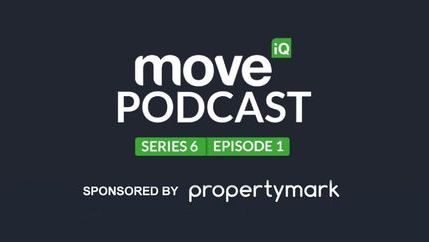Propertymark has updated its Tenant Fees Toolkit Wales to help agents understand the fee ban and the recent changes. It comprises of a whole host of resources which include a series of template documents, case studies from Scotland, bite-size videos, and FAQs.
Payments in the event of a default
The Renting Homes (Fees etc.) (Prescribed Limits of Default Payments) (Wales) Regulations 2019 specify the limits (prescribed limits) for certain types of payments required in the event of a default by a tenant on their tenancy agreement.
What does this mean?
A payment in default is a payment required by the landlord or agent arising from a breach of the tenancy agreement by the tenant, whether late payment of rent by its due date or some other breach. Where a default arises from late payment of rent, or where in order to secure access to their property a landlord has been required to add, remove, or change keys, locks or another security device, there is a prescribed limit for as to how much the tenant can be charged. The prescribed limits do not affect defaults arising from other breaches by the tenant of a term in the contract.
What you need to do
A payment in default can only be charged if there is a specific term in the tenancy agreement allowing for such a payment. A landlord or agent should then contact the tenant to inform then that they believe a breach of the contract has taken place. A tenant should be allowed to explain their position, should they disagree that a breach has taken place. Any demand for payment in default should be made in writing.
Tenant Fees Toolkit
We have created a number of resources to help our members comply with the complex tenant fee ban legislation. The toolkit includes videos, FAQs, a case study, fact sheets and more.





